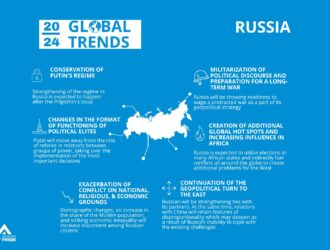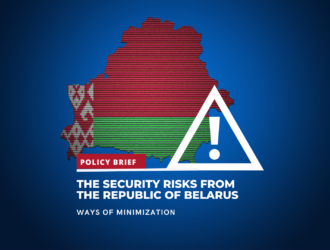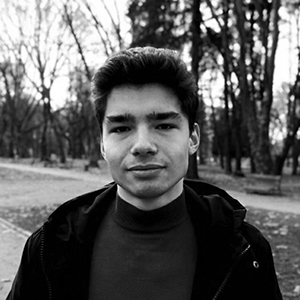Павло Радь
Молодший аналітик програми Російських та білоруських студій
Підписатись на новини "Української призми"
Молодший аналітик програми Російських та білоруських студій
Навчається на факультеті міжнародних відносин Львівського національного університету імені Івана Франка за спеціальністю “Міжнародне право”. Колишній стипендіат Цифрової міждисциплінарної міні-академії IUSTUF (DIMA), організованої в рамках Фрайбурзького університету. Студентський активіст. Учасник більш ніж 10 наукових конференцій, а також автор десятка наукових публікацій.
У минулому – стажер Ради зовнішньої політики “Українська призма”.
Дослідницькі інтереси:
- Політичні процеси в Республіці Білорусь та Російській Федерації;
- Діяльність білоруських опозиційних сил, зокрема Об’єднаного перехідного кабінету;
- Міжнародне кримінальне право та право міжнародних організацій.
ЗМІ
(English) The Ways of Ensuring the Viability of a New Belarusian Government in a Transitional Period (English) Trends 2024: Russia (English) The Security Risks from the Republic of Belarus: Ways of Minimization Роль режиму Лукашенка в російсько-українській війні Громадяни Білорусі: по обидва боки російсько-української війниПублікації автора

(English) The Belarusian democratic forces have achieved certain successes in terms of developing government-like structures and keeping the Belarusian issue on the agenda of European states. To continue further institutionalization and be prepared for the transformation period, there is a need to train a new generation of officials who could take over the state in the future.

(English) 2024 will be a year of relative strengthening of President Putin’s regime. As a result, the Russian president will further move away from the role of referee in relations between influence groups within Russian political elites.

(English) After the beginning of the large-scale aggression of the Russian Federation against Ukraine, the strategic importance of Belarus, which remains the only Russian formal ally in Europe, has significantly increased. Due to this, there is a need to increase attention and efforts of Ukraine, Poland, and Lithuania aimed at reducing Russian influence in Belarus and creating prerequisites for possible democratic transformations.



